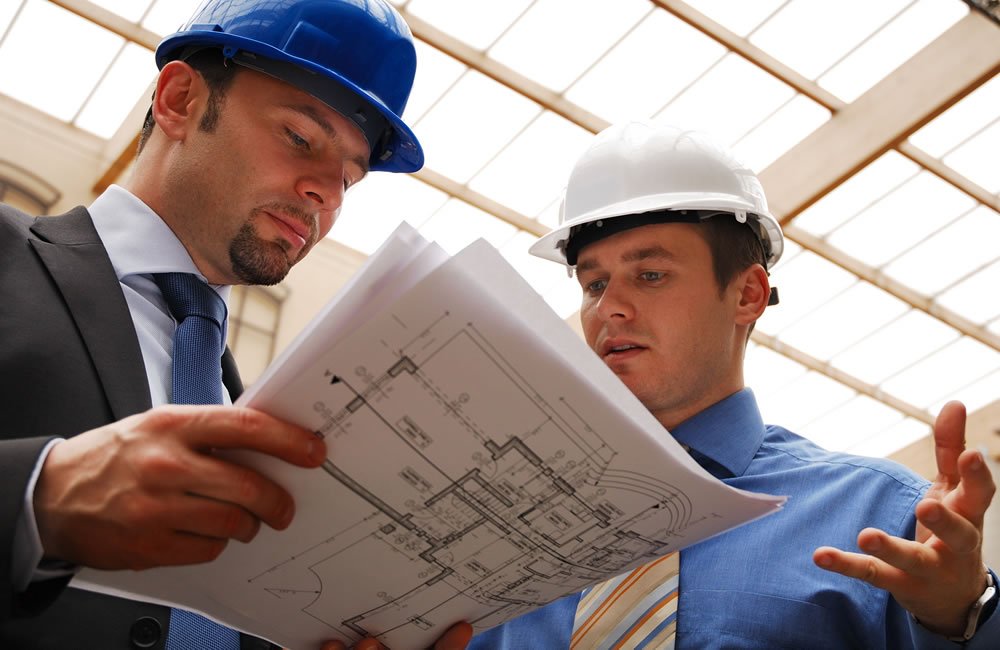Unveiling the Role and Impact of Property Developers in Actual Estate
Unveiling the Role and Impact of Property Developers in Actual Estate
Blog Article
Property developers play a pivotal function in shaping the social, physical and economic landscapes in our cities. Companies or individuals are instrumental in the transformation of land into vibrant communities, commercial hubs, or housing complexes. Their influence extends beyond mere construction; they are designers of urban spaces and sculptors of the skyline, and facilitators of progress for society. Their activities, however, are not without controversy. They raise issues of sustainable development, affordability, as well as gentrification.
The core of the work of a property developer lies the vision to turn the vacant property or neglected properties into profitable assets. They study market trends with care, assess the needs of the community, and design projects that satisfy the needs and desires of both. It is common for them to collaborate with urban planners, architects, and local authorities to ensure that their plans are aligned with regulations for zoning as well as infrastructure and ecological considerations. From luxurious condos to mixed-use developments, property developers are skilled at conceptualizing and carrying out projects that cater to different preferences and demographics.
One of the most significant properties developers' contributions is the alleviation of housing shortages in rapidly growing urban centers. By conceptualizing and executing residential projects, they address the growing need for accommodations and catering to different types of income and demographics. Affordable housing projects, in particular, underscore their commitment to social responsibility. They aim to provide homeownership to households of low and middle income.
Beyond the mortar and bricks, property developers wield significant influence over the socioeconomic fabric of communities. The projects they create can spur business growth and attract companies, investors and people who were once abysmal to the area. By revitalizing blighted neighborhoods or renovating old buildings, developers aid in the urban renewal and cultural revival of cities. However, this transformative power can also cause concerns over gentrification, displacement, and the erosion of local identity. Being stewards of changes, developers must engage in a transparent dialog with all stakeholders, fostering inclusive development which benefits everyone in society. To acquire more details kindly go to Akisama
Since the past few years, the development of technology has changed the realm of property development, ushering in an era of digital innovations along with smart urbanization. Virtual reality simulators, to prescriptive analytics, builders leverage the latest tools and techniques to simplify design processes, enhance decision-making, and optimize resource allocation. In addition, sustainability is emerging as a defining imperative, forcing developers to incorporate eco-friendly construction practices, renewable energy sources, and sustainable designing strategies into their work. By harnessing technology and embracing sustainability, builders not only minimize their environmental footprint and also secure their investment in the face of changing market trends and regulations.
As they seek to make money the property development industry has major responsibility to sustain and the social repercussions. Sustainable practices in design, energy efficiency, and green areas are being prioritised to reduce environmental footprints and increase the quality of living. Furthermore, developers play a important part in initiatives to build affordable homes that address social inequities and housing problems. With the adoption of sustainable and inclusive development practices, developers not just reduce risks, but contribute to the long-term resilience and vitality of the communities.